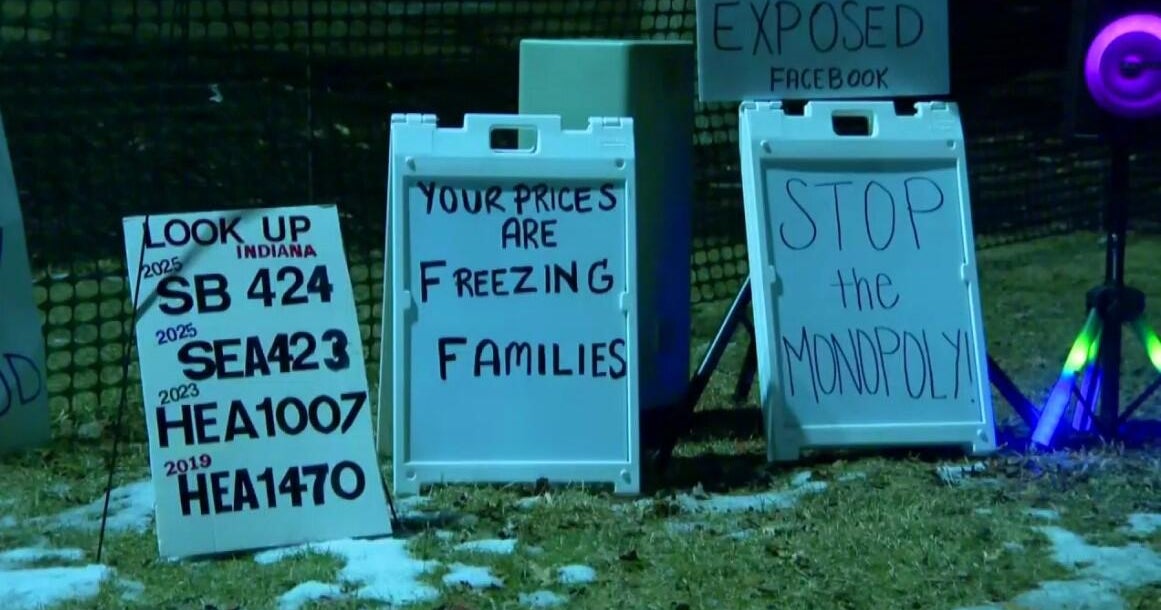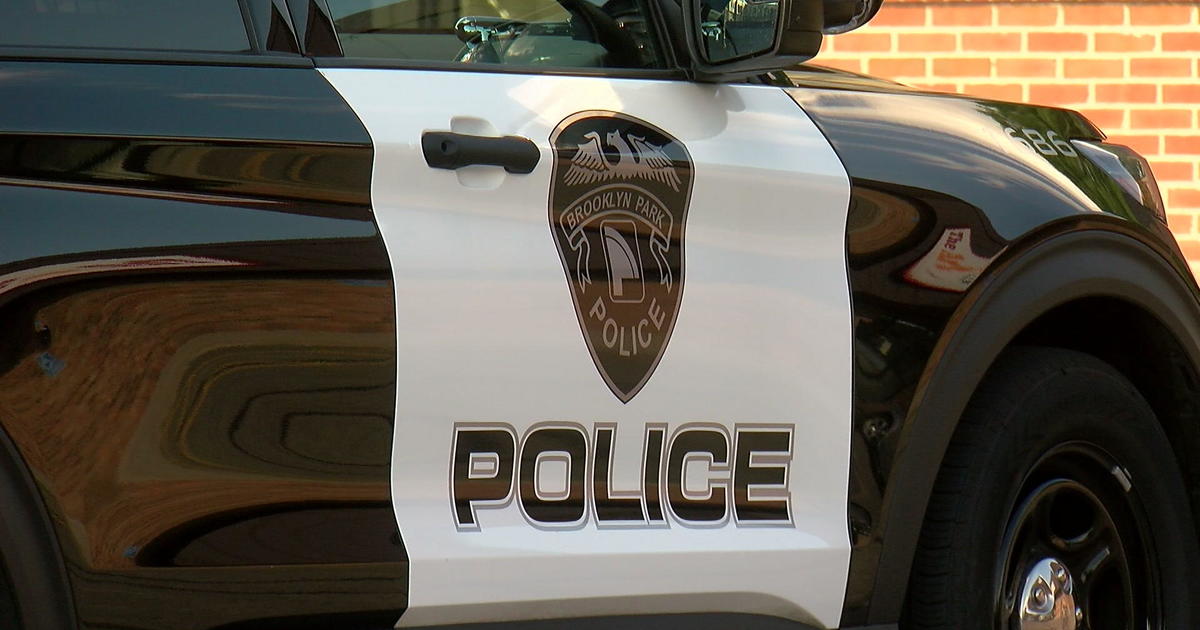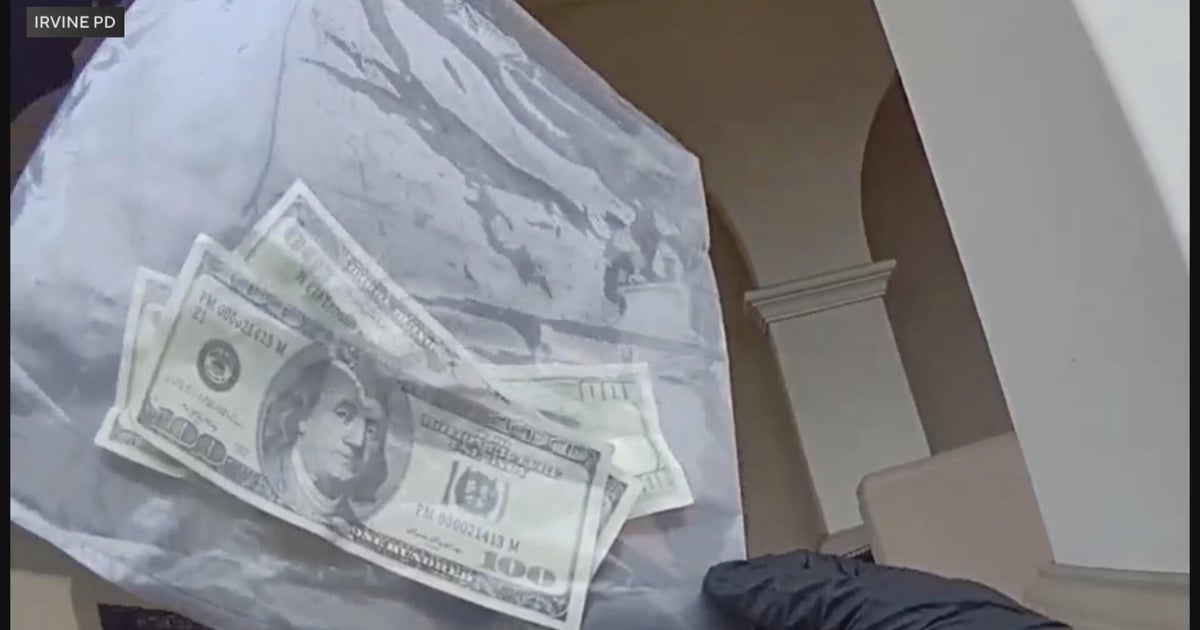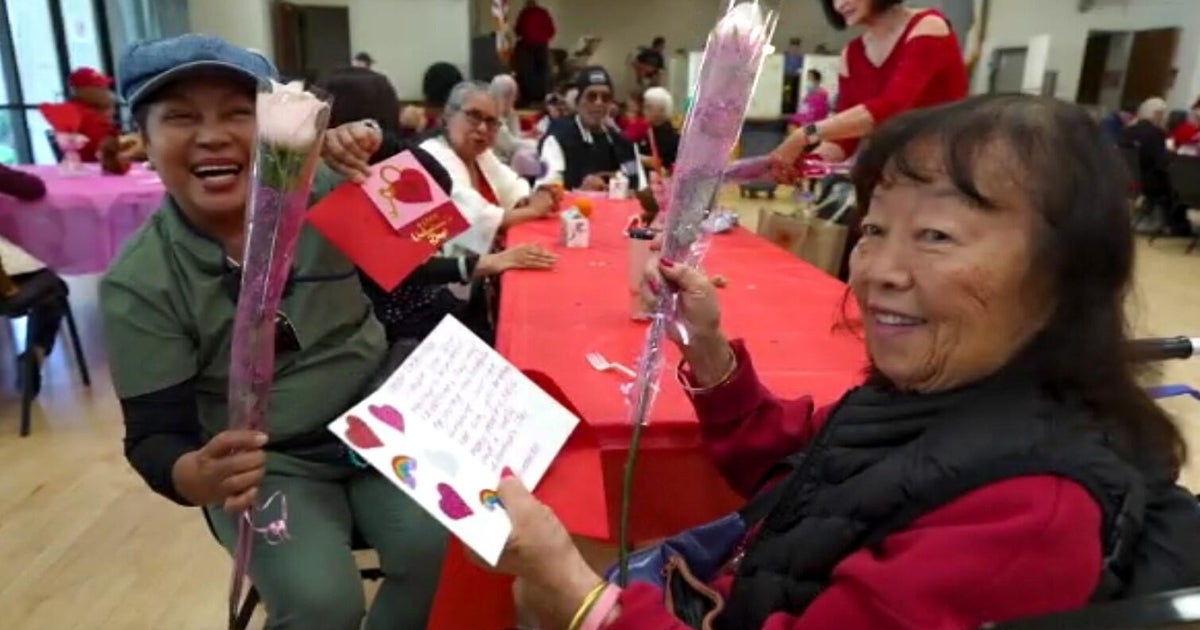New DNR Commissioner Suggests License Fee Scale
BROOKLYN CENTER (WCCO) -- At Capra's Bait and Sporting Goods, customers know that the cost of a license or stamp is the price of admission to Minnesota's great outdoors.
"We pay $5 to shoot pheasants or $7 for ducks -- what's the difference?" Said owner Jerry Riege.
That's why the avid angler is warm to the idea of creating a statewide Walleye stamp, similar to the waterfowl stamps used to raise revenue for habitat improvements. If it makes for better fishing, Riege is all for the idea.
"You pay it the first time and if it helps our sport, it's a great deal," Riege explained.
It's just one of a myriad of serious issues, from increasing revenues to recruitment of young outdoors people, that will certainly challenge the Department of Natural Resources and the man picked to lead it, Commissioner Appointee Tom Landwehr.
"We're not getting enough kids and other groups involved in outdoor activities," said Landwehr.
He was speaking at the annual DNR Citizen's Roundtable taking place Friday and Saturday at the Earle Brown Heritage Center in Brooklyn Center. The roundtable is where 350 conservationists, representing a broad spectrum of outdoor users, can generate ideas and strategies to help guide the DNR in its management duties.
However, balancing recreational demands with the commercial uses for Minnesota's precious natural resources won't be easy. The agency is facing a serious shortage of revenue from its game and fish fund. And DNR administrators can't expect much help from the legislature, which is already struggling to find ways to close a $6 billion budget deficit.
One big problem is that the game and fish fund is spending more than it's taking in, particularly from the fishing side. The fund is expected to be in the red in just a few short years. Fixing the imbalance between the two will be a major priority to assure stability for hunting and fishing programs.
Paul Schwieters, who was purchasing a lottery permit for the Spring Turkey hunt said, "to take care of the outdoors sometimes, if you're running out of money, you gotta charge a little more."
And that could mean higher fees on boats, snowmobiles and ATV registrations to provide the trails programs more money. Hunters, campers and anglers may also expect higher license fees in the near future.
Landwehr suggests the possibility of a "sliding scale" to assure that higher license costs don't alienate those the DNR is trying to attract to outdoor activities.
"What could we use as a fee for the casual user that wouldn't discourage their entry versus the really intense user? The person who hunts and fishes everyday!" Landwehr said.
Still, no firm proposals for raising the cost of DNR licenses and fees are being submitted at this time. The last time the state raised the costs of small game, fishing and deer licenses was in 2001.
WCCO-TV's Bill Hudson Reports







